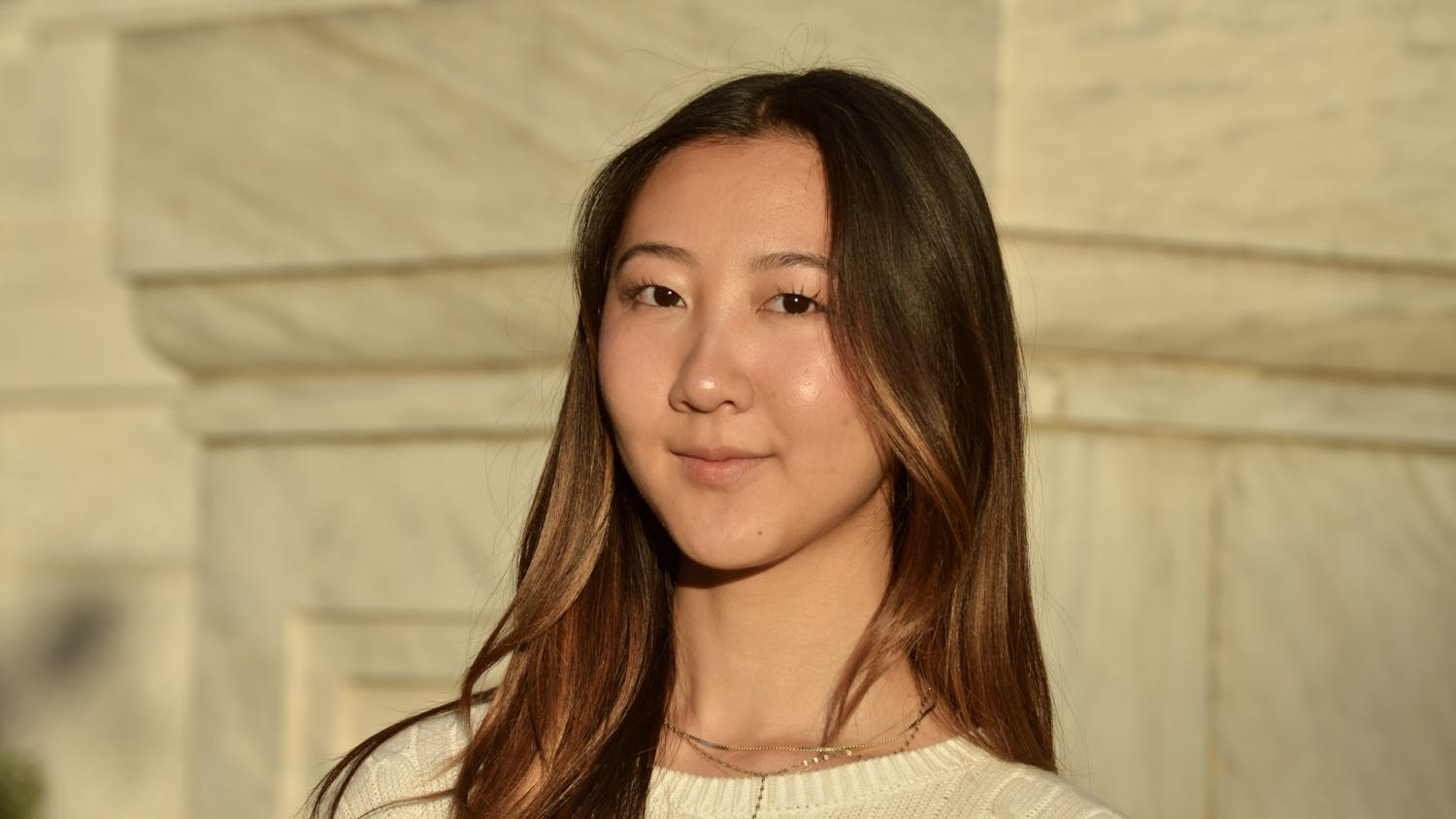One hurts those whom one wants to feel one's power, for pain is a much more efficient means to that end than pleasure; pain always raises the question about its origin, while pleasure is inclined to stop with itself without looking back ...we want to show them how advantageous it is to be in our power; that they will become more satisfied with their condition and more hostile to and willing to fight against the enemies of our power." -Friedrich Nietzsche, "The Gay Science."
You may be wondering why I begin this article with the words of Nietzsche. No, God is not dead. In fact, last time I checked, He was assisting John Kerry with his recent sweep in the Tuesday primaries. American University, despite its best efforts with the CLEG program, often fails to introduce cross-academic intellectual pursuits and analysis when it so benevolently bestows upon us our $32,000-education. As a result of this void, we find action without passion, passion without depth, and politics without philosophy. It is my humble hope that, through introducing a pinch of philosophical support for my ideas, I might aid in the growth of inter-academic relations.
So, back to the deity killer ... Nietzsche brings up, in this relatively brief passage, the dynamics of control, what he calls the "doctrine of the feeling of power." Being the liberal that I am, I can't help but read this passage and think of the current administration. Through the tactics of discipline and benevolence, the conservative powers in Government have enforced their "truths" (something Nietzsche discusses later), and successfully alienated all "enemies of [their] power." I am further drawn to the image of a young child, whose father refuses to negotiate and thereby indoctrinates his son with a black-and-white matrix of behavior requiring him to fall in line. While this concept is significant in current affairs, it is not the most prominent of the parallels between Nietzsche's power system and conservative ideas.
The most significant, in my mind, is that of capital punishment. The idea of inflicting pain on those who do not respect power, and benevolently blessing those who do, is the central element of the American cycle of crime indoctrination and alienation. The fact that 80 percent of death penalty cases feature white victims, while only 50 percents of violent crimes involve white victims, is a major indicator of this system of power. The whites, who agree with the system and help enforce it, are rewarded and defended in the justice system, while other races are punished for their assumed lack of respect. This force comes down on both sides of the issue, affecting those who defend capital punishment and those who oppose it. The impact of this power on those who support capital punishment is a vehement defense of the policy on moral grounds, arguing the necessity for justice and deterrence in the defense of the common good. For those opposed to the death penalty, the dissatisfaction, distrust, and violence of the criminal justice system is cause for a dedicated stance against this system of social control. Though the intentions of capital punishment (as a deterrent and as a force of justice) are very honorable, the reality of capital punishment is frighteningly contrary to those intentions. Through the historical role of capital punishment in the South, and the predilection of citizens to defend those who look like they do, the system of capital punishment has been manipulated as a tool of cultural design and enforcement that is used to shape and maintain cultural positions and uncivil separations.
While my 800-word limit will not allow me to delve into the depths of the necessity for moratorium, I am able to represent the philosophical dynamic at work behind it. Rather than inflicting pain to increase power, or showing benevolence to ensure blind faithfulness, the liberal approach to social control lies in civility. The concerted focus on improving civility, leading by example, and denying the animal reaction to shed blood when threatened is a focus that is shared by many revolutionary figures, from Jesus Christ to Martin Luther King, Jr. By rejecting the simple and selfish system of control that Nietzsche describes, the new philosophers and leaders are able to access the vast, untapped potential of a self-defining human nature. On each side of the debate, there are truths - truths that Nietzsche would argue are infused with our desire for control and power. The task of a responsible member of this democracy is to find those truths that serve not to increase one's own power, or the power of one's peers, but those that would serve the purposes of justice without sacrificing the balance of peace and objectivity.




